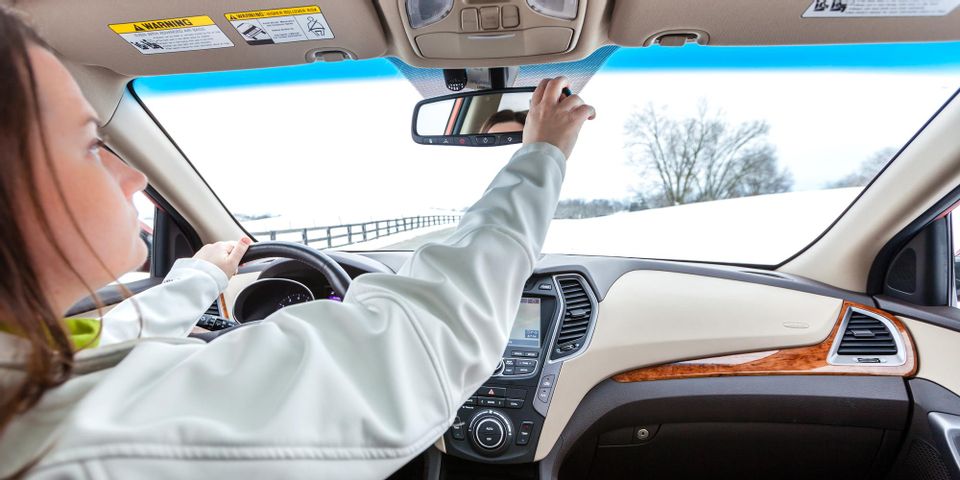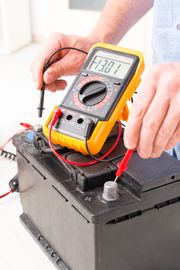How Cold Weather Affects Car Batteries

Each winter, drivers are more likely to get stranded with a car that won’t start. This is because your battery can struggle to start your car when temperatures drop below 40° Fahrenheit. Several cold-weather factors make it essential to have a new battery installed by your mechanic. This guide explains some of these winter car complications.
What Happens to Engines in Cold Temperatures?
1. Engines Become Harder to Turn Over
Oil gets a thicker viscosity in cold temperatures. Because it doesn’t flow as easily between parts, the engine becomes difficult to turn over. The engine will require more power to turn over a cold engine. You can minimize this by swapping your oil for a thinner viscosity. Ask your mechanic for a winter-rated oil.
2. Electricity Slows
 As it gets colder, the chemical reactions that produce the electricity in your battery slow down. This makes it more difficult for your battery to produce the same amount of power, even as it needs more power to start a cold engine. Your battery can lose more than half of its ability to produce power in cold temperatures. If it’s already an older battery that can’t hold a full charge, then it will be inadequate to start the engine on a frigid winter morning when the engine is cold.
As it gets colder, the chemical reactions that produce the electricity in your battery slow down. This makes it more difficult for your battery to produce the same amount of power, even as it needs more power to start a cold engine. Your battery can lose more than half of its ability to produce power in cold temperatures. If it’s already an older battery that can’t hold a full charge, then it will be inadequate to start the engine on a frigid winter morning when the engine is cold.
3. There Are More Power Demands
Drivers and passengers tend to demand more of their car’s electrical system in the winter months. Features such as the defroster for the windshield and the cabin heat require a lot of power to run. Other drains on the battery such as your radio, GPS, cell phone charger, and lights will drain the battery’s life faster than in warmer weather.
The mechanics at Cabarrus Import Service will prepare your battery and the rest of your engine for winter weather in Concord, NC. Their team has been serving drivers throughout Concord and Harrisburg for over 24 years will various auto repair and maintenance services. See their comprehensive list of services online, and call (704) 793-4122 to schedule an appointment.
About the Business
Have a question? Ask the experts!
Send your question

